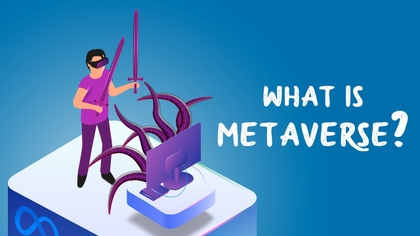Developers solve issues with Ethereum's Beacon Chain.
Ethereum’s Beacon Chain faced two significant issues within a 24-hour period, leading to patches being deployed for Prysm Labs and Teku clients.
The Beacon Chain, responsible for Ethereum's network consensus, experienced transaction confirmation problems on May 11th and 12th.

Did you know?
Want to get smarter & wealthier with crypto?
Subscribe - We publish new crypto explainer videos every week!
What is the Metaverse? (Meaning + Animated Examples)


On these days, new blocks could be proposed, but an unknown problem stopped their finalization. The first issue lasted around 25 minutes, while the second lasted for over an hour.
The Ethereum Foundation stated that these problems resulted from a "high load on some of the Consensus Layer clients."
However, despite the inability to finalize, end users could still transact on the network due to client diversity, which refers to the number of software clients accessible to network validators.
It is worth noting that the more diverse the client base, the stronger and more secure the network.
To address these issues, Teku and Prysm have released upgrades that ensure beacon nodes don't overuse resources.
A similar problem occurred on March 15th, which delayed the Goerli testnet version of Ethereum’s "Shapella" upgrade. But it was eventually successfully launched on April 12th.
On September 15th, 2022, Ethereum’s original Proof-of-Work chain merged with the Beacon Chain. This transition allowed Ethereum to shift to a Proof-of-Stake consensus mechanism, which is quicker and uses less energy.
In the meantime, Ethereum's activity and staking rewards rates have surged due to the increased trading of memecoins. Validators earned $46 million, or 24,997 Ether (ETH), in the first week of May, a 40% increase from the previous week's income of $33 million.
Therefore, it seems that Ethereum continues to manage and resolve issues while maintaining a robust and secure network for its users.





















